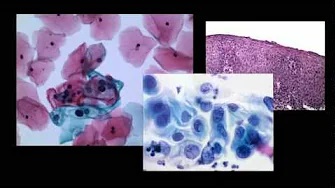Anti-D Alloimmunization in Rh(D) Negative Adults with Severe Traumatic Injury
Document Type
Article
Publication Date
7-1-2021
Abstract
INTRODUCTION: Widely varying rates of alloimmunization associated with transfusing uncrossmatched RBC products to trauma patients as part of hemostatic resuscitation have been reported. We characterized the rates of RBC alloimmunization in our severely injured Rh(D) negative trauma population who received uncrossmatched Rh(D) positive RBC products.
METHODS: In a 10-year retrospective analysis to assess Rh(D) alloimmunization risks, Rh(D) negative adult trauma patients initially requiring uncrossmatched group O Rh(D) positive RBC products with either RBC units or low titer group O whole blood as part of massive transfusion protocol (MTP) activation were identified. Only those Rh(D) negative patients whose initial antibody screenings were negative were included. Duration of serologic follow-up from date of MTP activation to either date of anti-D detection or most recent negative antibody screening was calculated.
RESULTS: There were 129 eligible Rh(D) negative trauma patients identified. Median injury severity score was 25. Anti-D was detected in 10 (7.8%) patients after a median of 161.5 days; the median duration of serologic follow-up in those who did not have anti-D detected was 220 days. Patients who had anti-D detected were less severely injured and received fewer Rh(D) positive RBC products versus those who did not.
DISCUSSION: In our severely injured adult trauma patients with MTP activation requiring uncrossmatched group O Rh(D) positive RBC products, the rate of anti-D detection was low. Additional studies are necessary to determine generalizability of these findings and fully characterize alloimmunization risks in trauma patients with varying extents of injury.
Recommended Citation
Raval JS, Madden KM, Neal MD, Moore SA. Anti-D alloimmunization in Rh(D) negative adults with severe traumatic injury. Transfusion. 2021 Jul;61 Suppl 1:S144-S149. doi: 10.1111/trf.16493. PMID: 34269429.

